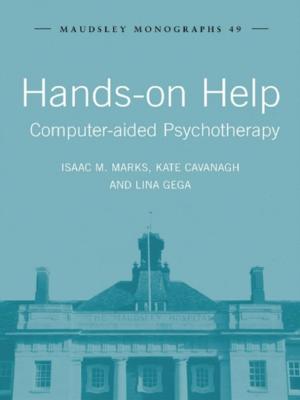Plato and Education (RLE Edu K)
Nonfiction, Reference & Language, Education & Teaching, Educational Theory, Philosophy & Social Aspects, Reference| Author: | Robin Barrow | ISBN: | 9781136494741 |
| Publisher: | Taylor and Francis | Publication: | May 16, 2012 |
| Imprint: | Routledge | Language: | English |
| Author: | Robin Barrow |
| ISBN: | 9781136494741 |
| Publisher: | Taylor and Francis |
| Publication: | May 16, 2012 |
| Imprint: | Routledge |
| Language: | English |
This introduction to Plato’s philosophical and educational thought examines Plato’s views and relates them to issues and questions that occupy philosophers of education. Robin Barrow stresses the relevance of Plato today, while introducing the student both to Plato’s philosophy and to contemporary educational debate.
In the first part of the book the author examines Plato’s historical background and summarizes the Republic. Successive chapters are concerned with the critical discussion of specific educational issues. He deals with questions relating to the impartial distribution of education, taking as a starting point Plato’s celebrated dictum that unequals should be treated unequally. He examines certain methodological concepts such as ‘discovery-learning’ and ‘play’ and also raises the wider question of children’s freedom. He looks critically at the content of the curriculum and discusses Plato’s theory of knowledge and attitude to art. Finally Robin Barrow discusses Plato’s view of moral education and the related problem of what constitutes moral indoctrination
This introduction to Plato’s philosophical and educational thought examines Plato’s views and relates them to issues and questions that occupy philosophers of education. Robin Barrow stresses the relevance of Plato today, while introducing the student both to Plato’s philosophy and to contemporary educational debate.
In the first part of the book the author examines Plato’s historical background and summarizes the Republic. Successive chapters are concerned with the critical discussion of specific educational issues. He deals with questions relating to the impartial distribution of education, taking as a starting point Plato’s celebrated dictum that unequals should be treated unequally. He examines certain methodological concepts such as ‘discovery-learning’ and ‘play’ and also raises the wider question of children’s freedom. He looks critically at the content of the curriculum and discusses Plato’s theory of knowledge and attitude to art. Finally Robin Barrow discusses Plato’s view of moral education and the related problem of what constitutes moral indoctrination















